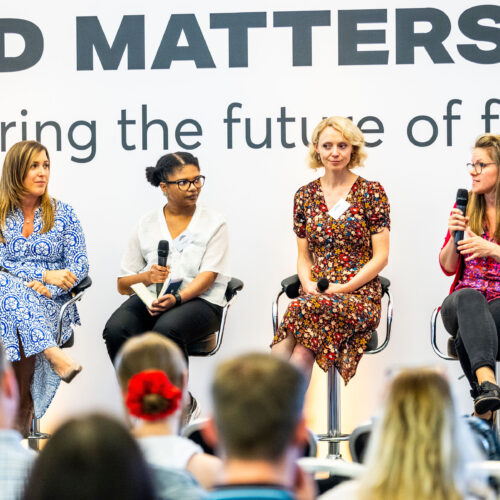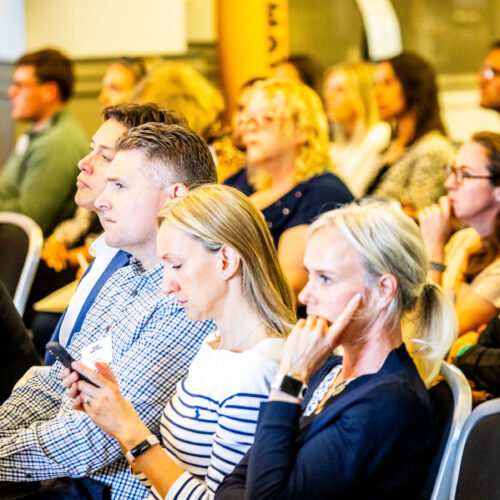Agriculture is central to both global challenges and solutions related to nutrition, the environment and economic well-being. PepsiCo believes that sustainable agricultural practices will be pivotal in meeting the increasing demand for food as the global population grows, while also addressing the need to manage natural resources.
In this episode of the Table Talk Podcast we join David Wilkinson, Senior Director Agriculture, PepsiCo Europe to discover how they maintain a secure and, crucially, sustainable supply chain, we explore iCrop 2.0 and precision agriculture as farmers face critical challenges as they look to supply more food to a growing population, and we learn about PepsiCo’s commitments and goals for sustainability and what that means for their business and the wider supply chain. Get a fascinating look inside PepsiCo Europe’s drive for sustainability with the Table Talk Podcast.
About our guest
David Wilkinson, Senior Director Agriculture, PepsiCo Europe
David Wilkinson leads our Agricultural procurement team and is responsible for sourcing our direct agricultural raw materials across Europe and maintaining the relationships we have with our farmers – some extending 3 generations. Farmers are a key part of our business growing the crops that are at the heart of many of our core brands – whether it’s the potatoes that make Walker’s and Lay’s crisps, the oats that make Quaker, or the maize that make Doritos.
David has worked for PepsiCo for 21 years and was originally an engineer by training. He now leads PepsiCo’s team of agronomy experts across the Europe sector and oversees PepsiCo’s Sustainable Farming Programme. He is passionate about the role companies like PepsiCo can play in helping farmers to meet the challenges facing the food industry – from adapting farming techniques in the wake of changing climate conditions, to growing more crops using less water, energy and carbon.







